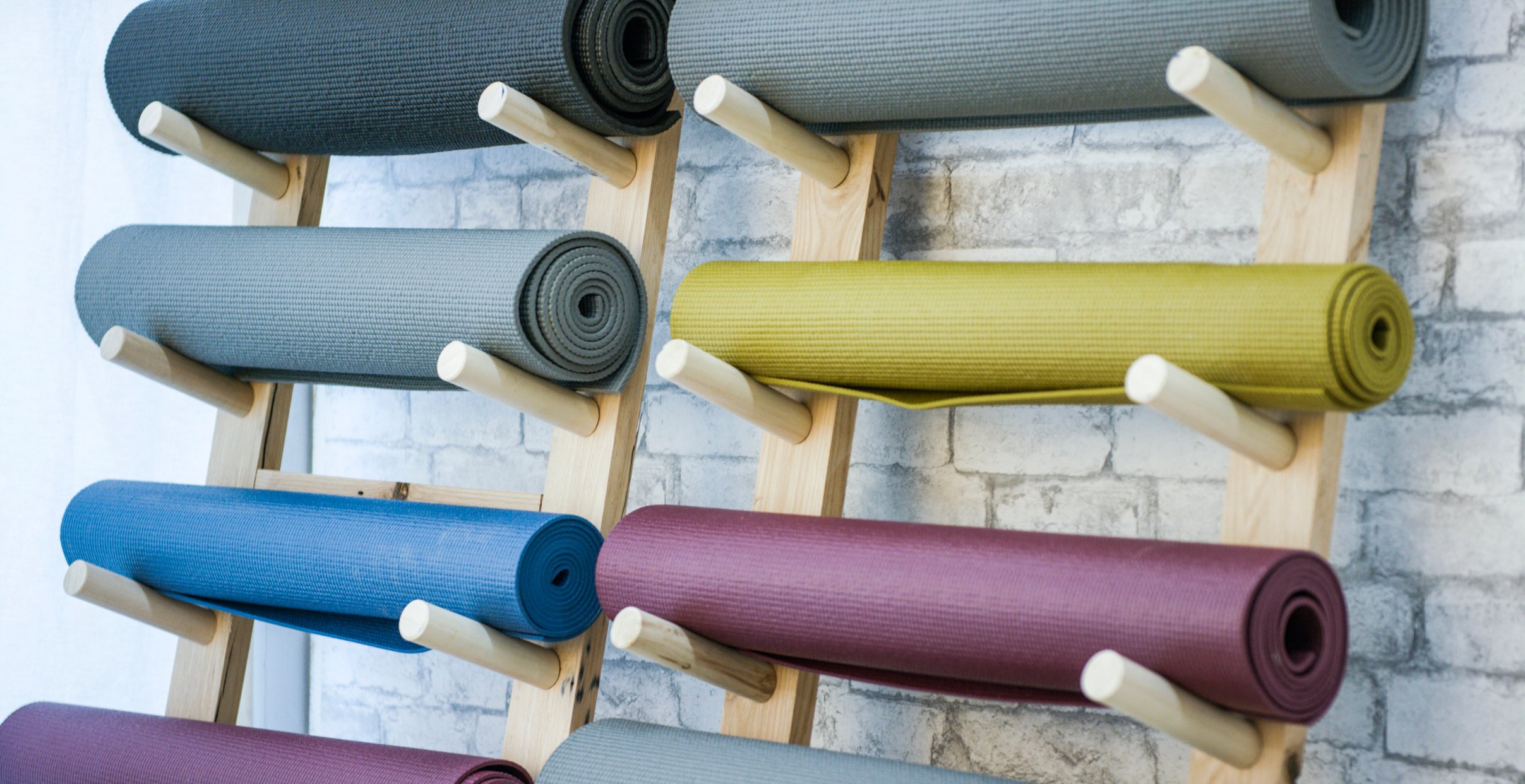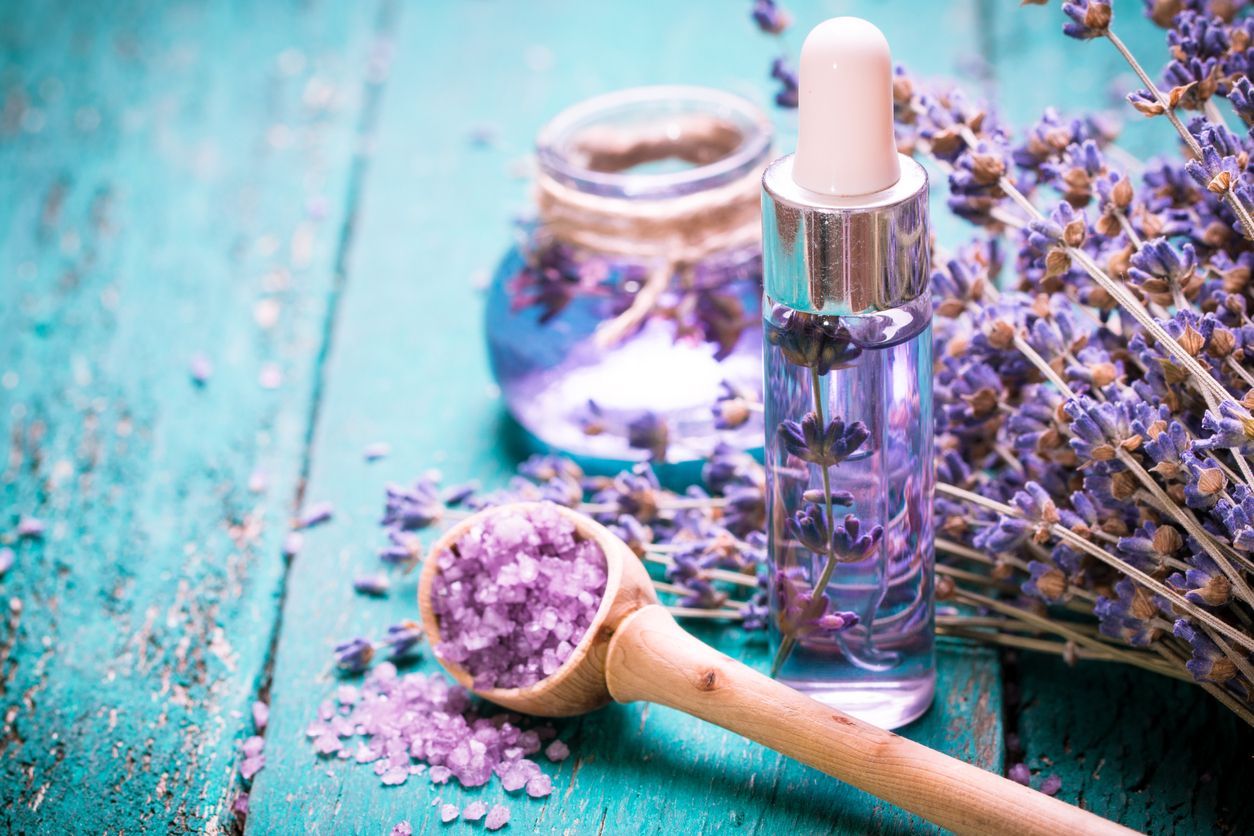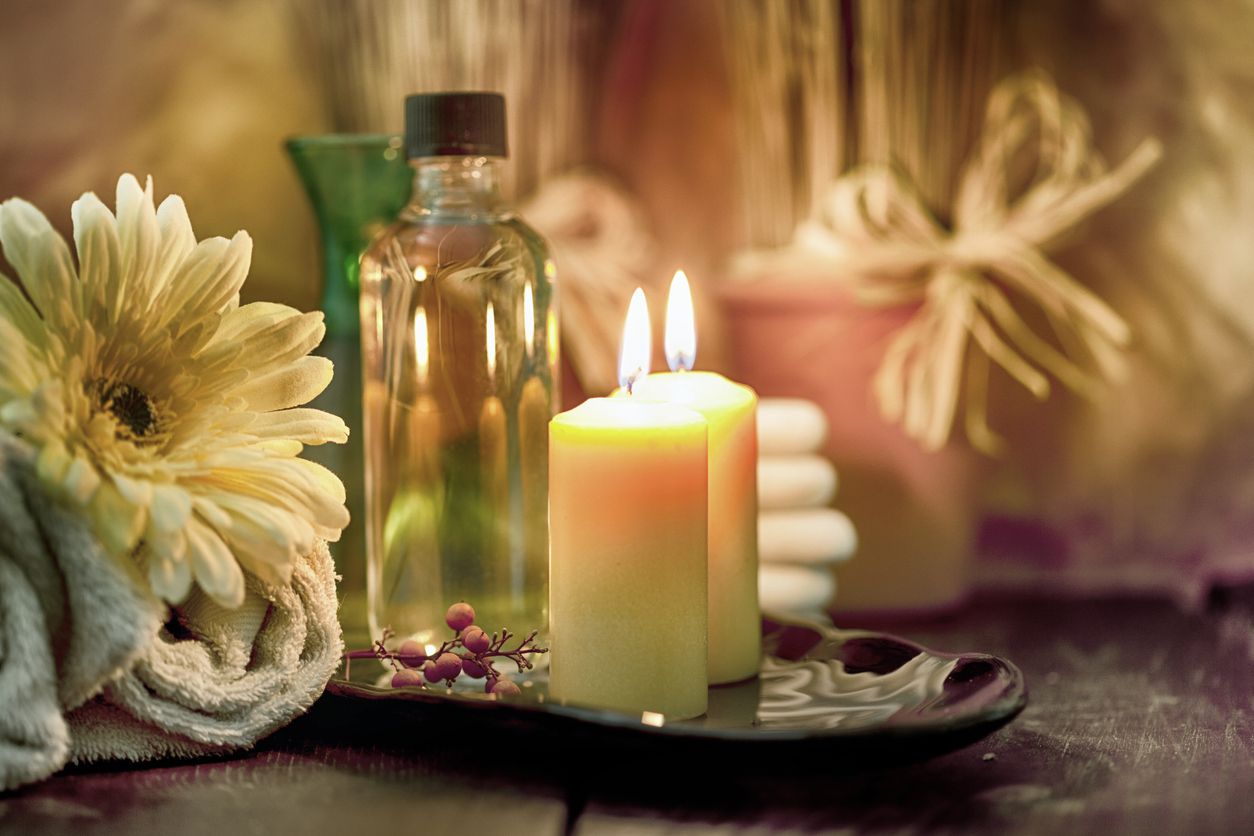I’ve been using essential oils for forty years, long before essential oils became widespread. Despite the variety of essential oils available on the market these days, I always come back to one: lavender essential oil. It's my favorite! I’ve used lavender essential oil for everything from treating bee stings to bringing down fevers when my kids were young to clearing the air of doggie smells!
Estimated reading time: 3 minutes
Heartmanity is proud to partner with outstanding companies that we wholeheartedly recommend so this post may contain affiliate links. This helps keep our content free for you! You can read our full disclosure here.
That’s precisely why I love lavender essential oil so much: it’s so versatile! To showcase its benefits to you, here are ten uses for lavender oil that are easy to implement—and that work.
Uses and Benefits of Lavender Essential Oil
#1: Helps to relieve anxiety (without numbing the brain).
Even people who don’t have experience with essential oils are drawn to lavender for its soothing, calming effects. However, beyond its comforting floral scent, lavender essential oil also has proven effects on the mind. Studies have shown that lavender stimulates the brain: while the participants’ brains seemed to be in a state of drowsiness and relaxation, they were also able to solve math equations faster and more accurately than the control group without lavender.
How to use lavender essential oil:
Diffuse a few drops of lavender in a diffuser or on cotton balls hidden throughout the room, or mix with a carrier oil and apply topically to calm anxiety and increase concentration.
#2: Get a good night’s sleep.
You don’t have to be an expert for lavender essential oil to put you asleep like an all-natural Ambien alternative!
Thanks to the connection between the olfactory and limbic systems, scent is a direct link to feelings, meaning lavender affects your mood, memory, and emotions. It’s no wonder, then, that its relaxing effect can serve as a powerful cue to the body that it’s time for rest.
How to use lavender essential oil to enhance sleep:
Rub a little lavender essential oil between your palms and inhale deeply or mix with a carrier oil and apply to pressure points for a speedier transition into sleep.
Related reading: "I Can't Sleep! Best Scientific and Natural Remedies for Insomnia and Restless Sleep."
#3 Destress and unwind.
Unsurprisingly, lavender essential oil’s calming effect also makes it an effective at-home remedy for coping with stress. Because essential oils evaporate rapidly, they often work faster than prescription treatments, making them an especially helpful solution to keep in your self-care toolkit during times of stress, such as the back-to-school season.
How to use lavender to destress:
Add a few drops of calming lavender oil to your shower or rub a few drops on your temples or the base of your skull for a relaxing effect.
#4 Soothe head colds and illness.
Feeling under the weather? Over-the-counter cough drops rely on the strength of menthol to clear congestion, but they can be overly expensive and rely on unnatural chemicals. Thankfully, lavender essential oil has many of the same immune-boosting properties as OTC remedies. Gentle oils like lavender can be used to clear sinuses, without the harshness of menthol or the strength of bolder oils like peppermint.
How to use essential oil to help relieve illness:
Place a few drops of lavender essential oil in a pot of boiling water. Draping a towel over your head to trap the steam, hold your head at least one foot above the water and breathe deeply to clear airways.
#5 Use as an all-purpose cleaner.
Thanks to its fresh scent and cleansing properties, a lavender essential oil is perfect for disinfecting surfaces without chemicals. There’s a reason why so many store-bought cleaners use the scent of lavender, but these all-purpose cleaners tend to contain toxic ingredients—reduce the toxic load in your home by switching to lavender.
How to use for cleaning:
Mix 25 drops of lavender oil with one cup of water and one cup of white vinegar; add to an empty spray bottle as needed.
#6 Naturally, cleanse and soothe your scalp.
The cleansing properties of lavender don’t stop at home surfaces—you can also apply lavender oil to your scalp as a soothing treatment for dry and itchy skin. The antimicrobial properties of lavender oil are thought to disinfect scalps and stimulate hair growth for stronger, longer, healthier strands.
How to use lavender for soothing your scalp:
Mix a quarter-sized amount of coconut oil with a few drops of lavender essential oil in the palm of your hand. Gently massage into your scalp, leave for a few minutes, and rinse.
#7 Relax in the bath.
Harness the relaxing aromatherapeutic benefits of lavender oil with a hot bath. Hot baths can soothe sore muscles, elevate your mood, improve sleep, and even burn calories. Add in the powerful properties of lavender essential oil for the ultimate means of relaxation.
How to use lavender in a bath:
Add 8-10 drops of lavender essential oil and one cup of Epsom salt. Dissolve in the bath, breathe deeply, and relax!
#8 Create natural dryer balls.
Did you know that most lavender-scented fabric softeners only contain the scent of lavender instead of the real thing? Or the scent is artificially produced. That’s why DIY natural dryer balls, using a genuine lavender essential oil, make such a fantastic alternative: what you smell is what you get!
DIY: How to use in your clothes dryer:
Up-cycle a pair of old pantyhose with runs in them or use cotton socks that are missing their mate. Tye the pantyhose or sock into a ball and wash it on the hottest setting. Add 2-3 drops of lavender oil and pop it into the dryer. Refresh it with every couple of loads.
If you fight wrinkles in your clothes because you forget about them in the dryer like me, a nifty way to remove wrinkles is to use this same lavender ball. Dampen it and when combined with dry clothes, it will remove most wrinkles.
#9 Deodorize sans aluminum.
Aluminum makes a great antiperspirant, a primary reason so many commercial deodorants include it in their ingredients. The problem with aluminum is that long-term, low-grade exposure has been associated with a higher risk of breast cancer due to its effect on estrogen. As a result, you may be interested in using natural alternatives to aluminum-containing deodorants.
How to use to deodorize:
All you need to create a DIY deodorant stick is ¼ cup aluminum-free baking soda, ¼ cup arrowroot or cornstarch, 3-5 tablespoons of coconut oil, and 15 drops of lavender essential oil. Or if you don't want the hassle, there are natural ones on the market.
#10 Enhance your yoga practice.
Aromatherapy has a close connection with yoga for a reason: both are ancient healing practices for the mind, body, and spirit. Combining aromatherapy and yoga can profoundly enhance your yoga practice by balancing the autonomic nervous system, allowing your body to reach hormonal homeostasis. Not to mention, the cleansing properties of lavender essential oil make it an effective all-natural spritz for your yoga mat between asanas!
How to use lavender with yoga sessions.
Mix ¾ cup distilled water, ¼ cup alcohol-free witch hazel or vinegar, 5 drops lavender oil, and 3 drops Melaleuca oil in a glass spray bottle. Make sure to patch test on your mat to test for any adverse effects before spraying it all over!
Related reading: "Yoga Poses for Grounding and Relaxation."
Closing Thoughts
You’ve just learned how incorporating lavender essential oil into your life can build healthy habits that help boost your emotional, mental, and physical wellness.
Try natural remedies as discussed above and test their effects yourself.
To get more helpful tips and practices or for more on holistic health, aromatherapy, and healthy habits, contact us at support@heartmanity.com.












